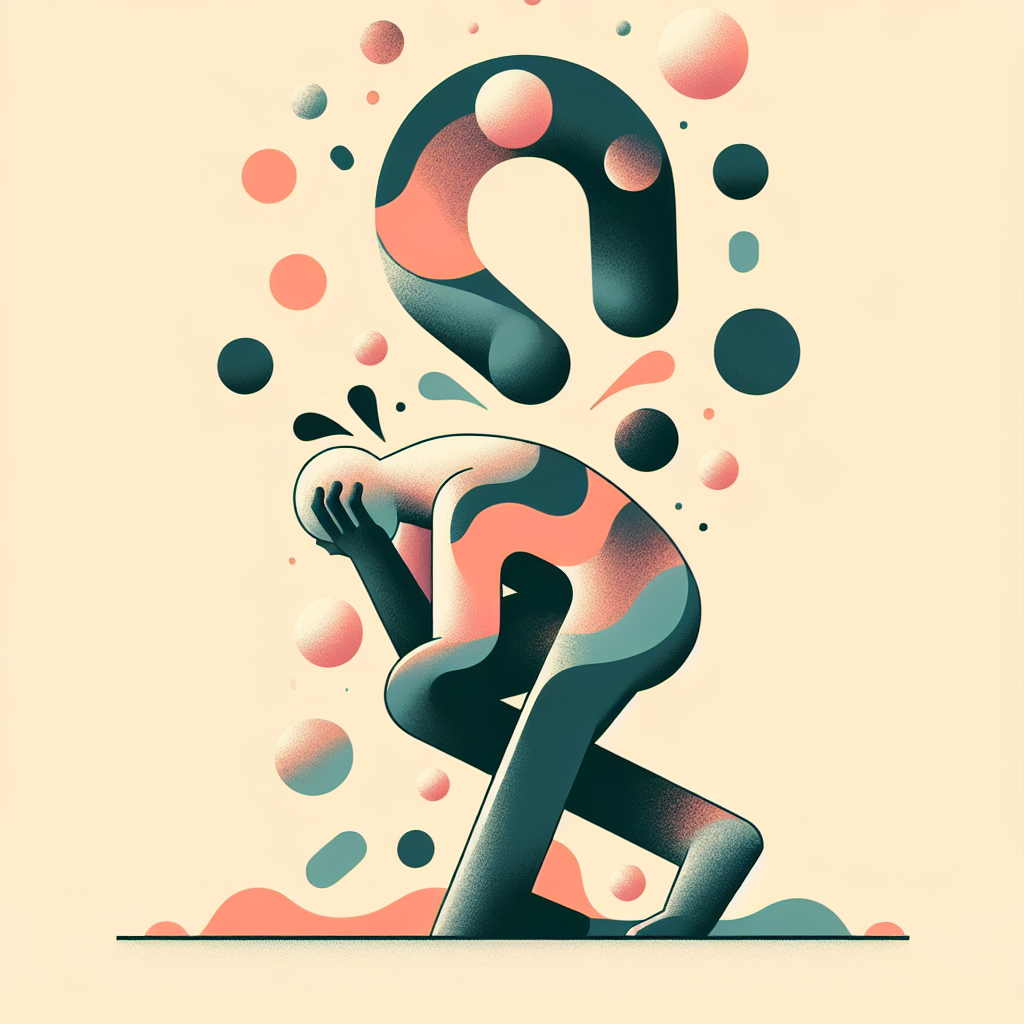Anxiety can trigger a surprising range of physical sensations, and many people wonder: can anxiety cause dizziness when stress or panic strikes? Shortness of breath, a racing heart, and that spinning or lightheaded feeling often show up together. Understanding why anxiety produces these sensations helps you respond calmly and find strategies to reduce the episodes.
Can anxiety make you dizzy?
Dizziness is a broad term that covers feeling faint, unstable, or as if the room is spinning. Physiologically, anxiety activates the body’s stress response—often called “fight or flight”—which changes breathing, blood flow, and muscle tension. These changes can produce symptoms described by users searching for anxiety and dizziness, anxiety and feeling faint, anxiety and feeling lightheaded, or anxiety and vertigo.
How anxiety leads to dizziness and lightheadedness
Rapid breathing or hyperventilation during an anxiety attack alters carbon dioxide levels in the blood and can result in lightheadedness. Muscle tension in the neck and shoulders can affect balance, and the adrenaline surge can create a sense of unsteadiness. Many of the ways people search for this connection show the variety of terms used: anxiety attack dizzy, anxiety disorder and dizziness, anxiety disorder lightheadedness, anxiety dizziness vertigo, anxiety light headed, and anxiety lightheaded are all describing overlapping experiences.
Common physiological pathways
- Hyperventilation reduces carbon dioxide and can produce tingling and lightheadedness.
- Adrenaline alters heart rate and blood pressure, sometimes causing faintness.
- Tension in neck muscles affects inner-ear signals that help regulate balance.
Symptoms people report and search terms
Search phrases like can anxiety cause dizziness, can anxiety cause dizziness all day, can anxiety cause fainting, and can anxiety cause lightheadedness reflect concerns about duration and severity. Others ask can anxiety cause vertigo or does anxiety cause vertigo when the sensation is more of a spinning motion. Phrases such as can stress cause dizziness, can stress cause vertigo anxiety, can stress make you dizzy, could anxiety cause dizziness, dizziness and stress anxiety, does anxiety cause dizziness, does anxiety cause lightheadedness, does anxiety cause vertigo, does stress cause dizziness, does stress make you dizzy, feeling dizzy from anxiety, is dizzy an emotion, lightheadedness and anxiety, stress cause dizziness, stress dizziness, and why does anxiety cause dizziness all point to the same reality: psychological stress can produce real, sometimes alarming balance symptoms.
When to seek medical attention
Most dizziness related to anxiety improves when breathing slows and the nervous system calms. However, if dizziness is accompanied by chest pain, fainting, sudden severe headache, double vision, difficulty speaking, or weakness, get urgent medical care to rule out serious causes. If you have a persistent or worsening pattern—such as can anxiety cause dizziness all day—talk with your clinician to evaluate both physical and mental health contributors.
Practical strategies to reduce anxiety-related dizziness
Simple tools can dampen the stress response and reduce episodes of feeling dizzy from anxiety. Try paced breathing (slow inhalations and exhalations), grounding techniques that focus attention on the senses, gentle neck and shoulder stretches, and progressive muscle relaxation. Lifestyle adjustments—adequate sleep, regular hydration, limiting caffeine and alcohol, and physical activity—also help by lowering baseline anxiety and reducing stress dizziness.
Reducing screen time and the constant low-level stress of notifications can make a big difference; a digital detox guide for how to reclaim your focus and reduce anxiety may be a helpful place to start for people who notice their symptoms worsen with heavy device use.
For persistent or severe anxiety disorder lightheadedness, evidence-based treatments such as cognitive behavioral therapy and, when appropriate, medication can reduce both anxiety and associated physical symptoms. The National Institute of Mental Health provides reliable information on anxiety disorders and treatment options for further reading:
NIMH: Anxiety Disorders — symptoms and treatment guidance
Quick tips to try immediately
- Slow your breathing: inhale for 4, exhale for 6.
- Sit or lie down until the lightheadedness passes to avoid falls or fainting.
- Use grounding: name five things you can see, four you can touch, three you can hear.
FAQ
Q: Can anxiety cause fainting?
A: While anxiety can make you feel faint or lead to a syncopal episode in some cases (especially with intense hyperventilation or low blood pressure), true fainting is less common and should be evaluated medically—see your clinician if you faint or nearly faint.
Q: Is dizziness from anxiety actually vertigo?
A: Sometimes yes and sometimes no. Vertigo describes a spinning sensation often linked to inner ear conditions, but anxiety can produce vestibular-like symptoms that feel similar. If vertigo-like episodes are frequent, get an assessment to differentiate inner-ear causes from anxiety-related symptoms.
Q: What if stress makes me dizzy all the time?
A: Persistent symptoms deserve professional evaluation. A combination of medical review and mental health support—therapy, stress management, and possibly medication—can help reduce chronic anxiety and related dizziness.






